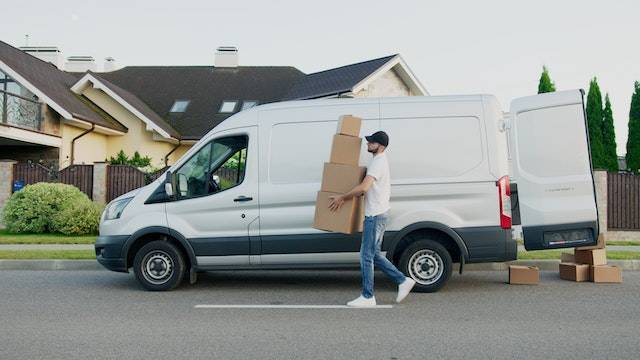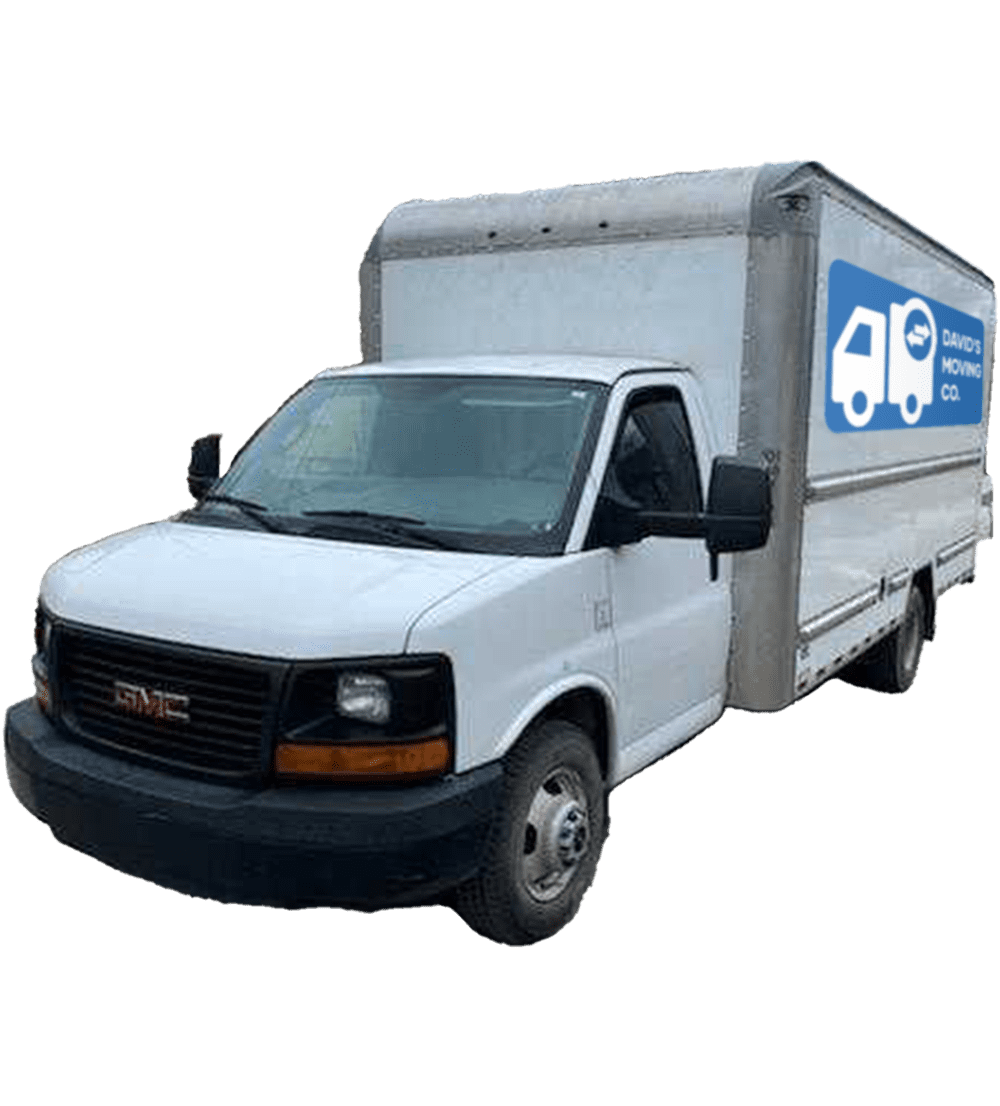Even though it might seem fairly simple to relocate nearby, doing so far away does not ensure your success. Local moves are typically simpler to plan, organize, and carry out than long-distance interstate moves, but any type of relocation has its unique challenges and shouldn’t be taken lightly.
In reality, if you don’t understand the importance of local moving alone, you might run into some issues prior to and on moving day.
We have gathered some excellent moving advice to assist you with your impending local move so that you can manage it as best you can.
Six Weeks Prior To Moving:
Six weeks should be sufficient to plan your local transfer since it is easier to plan a local move than a cross-country one.
᪂ Start purging your house of damaged, worn-out, outgrown, duplicate, useless, and things you don’t really like in preparation for moving;
᪂ Choose whether you’re going to relocate yourself or hire moving professionals. Before making a choice, be sure to request a moving quote so you can estimate the cost of hiring local movers for your relocation;
᪂ If you choose to hire a moving company, commence your search by asking for recommendations, reading moving reviews, checking the movers’ ratings with the BBB, etc.;
᪂ Make a financial assessment and create a relocation budget.
Four Weeks Prior To Moving:
When moving locally, the majority of your preparations will happen in the final month before your move, and some of the most crucial moving chores will need to be finished about four weeks before your move date.
᪂ Make sure you have local moving assistance – If you plan to employ professional movers, ask three or four local moving companies that best meet your relocation needs and requirements for on-site price quotes. Choose the finest local movers for you by comparing the offers (not just the prices but also the services and terms). Schedule your move as soon as possible. If you’re planning a do-it-yourself move, inform your pals of your plans and solicit their assistance. Do some research on local truck rental businesses and book a suitable moving vehicle for the day of your move;
᪂ Inform your landlord of your impending move-out and examine your renter’s moving-out obligations;
᪂ Create a moving binder to house all of your shifting-related paperwork;
᪂ Your children will need to switch schools if your new house is situated in a different school zone or in a different school district. assemble their academic transcripts from their present school and submit an application to the new school;
᪂ You might need to look for a new family doctor if your new house is far from your previous address and doctor’s office. Find a trustworthy physician in your new neighborhood and begin gathering your family’s medical history;
᪂ If you haven’t already, choose a suitable property to buy or rent, and attempt to get the keys to your new home as soon as you can;
᪂ Create a floor plan for your new house so you can see which of your previous possessions will fit in and which new items you’ll need to buy for it;
᪂ Make a moving inventory of the items you plan to move and decide which of your possessions you will transport with you to your new home.
Three Weeks Prior To Moving:
The items on your to-do list for relocating locally get harder as relocation day draws near:
᪂ Change your USPS location and let everyone you do business with know where you are now located;
᪂ Start any desired renovation tasks (as well as any required repairs) for your new home;
᪂ Organize a garage sale or internet classified ad for unwanted items;
᪂ Purchase new moving boxes and high-quality wrapping and padding materials for your more priceless and delicate items, and inquire about free packing supplies for the remainder of your possessions. Do not forget to use the suitcases, bags, baskets, buckets, and other packing containers and padding materials that you already have at home.
᪂ Start packing now; include specialty items, out-of-season items, items you only use occasionally, and anything else you won’t need until moving day.
Two Weeks Prior To Moving:
᪂ Donate unwanted goods to local charities that you were unable or unwilling to sell;
᪂ Transfer utilities – if you’re moving nearby, you probably only need to inform your existing service providers of your new address. a few days prior to move-in day, turn on the utilities in your new house so you have electricity and water for cleaning; the day following moving day, turn off the utilities in your old home.
᪂ Fill your home’s storage spaces with the majority of your non-essential belongings (such as art, décor, books, hobby supplies, etc.);
᪂ Set aside the things you’ll prepare in your “essentials box” and any valuables you’ll be bringing;
᪂ If you live in or are moving into an apartment building, reserve an elevator and a parking space for the moving van in front of both your current and new residences for the duration of your move;
᪂ Decide on a family member (or a reliable acquaintance) to watch your kids and pets on the day of the move. Arrange for moving day child care and pet care (if necessary). If you can’t do that, consider hiring a caregiver.
One Week Prior To Moving:
There will be a lot of emotions and hard labor during your final week in your old house.
᪂ To confirm the specifics of your move and ensure everything is going as planned, get in touch with the local moving company you’ve selected. Verify their availability if friends and family have offered to assist you on moving day and, if necessary, make alternative arrangements;
᪂ Say your goodbyes by planning a farewell party for your neighbors and your former house;
᪂ Start seriously preparing by boxing up everything you don’t use every day;
᪂ Once the repairs and renovations are finished, thoroughly clean your new house and begin unpacking some boxes into your new home. Remember to take a few boxes with you each time you need to visit the new place.
Two Days Prior To Moving:
It’s time to finish your packing and relocation preparations:
᪂ Finish packing by including all of your extra things, including kitchenware and electronics;
᪂ Prepare your furniture and equipment for moving to the new location by: larger furnishings should be disassembled (except for beds), and appliances should be disconnected, emptied, and cleaned, etc.;
᪂ Pack your essentials box and all of your personal belongings (valuables, prohibited goods, etc.);
᪂ Deep clean your old house. Although you’ll need to give it a final once-over once all of your belongings are on the moving truck, you can handle the time-consuming cleaning tasks (like cleaning the windows and the bathroom) in preparation.
᪂ Plan for food on moving day. You will need sustenance and it’s best to pick up a prepared meal and keep in the refrigerator of your new home.
One Day Prior To Moving:
This is a day to rest up.
᪂ Plan to rest as much as possible in preparation for the big day. Eat a good meal and get a full night’s sleep.
Moving Day:
Move-out day is also the move-in day when moving locally, so your moving duties will double:
᪂ Prepare for the big day by rising early, dressing comfortably (sneakers or comfortable closed-toe shoes are important!) according to the temperature, and having a cup of coffee and a nutritious breakfast;
᪂ Gather your final possessions and disassemble any furnishings that is still in place;
᪂ On the day of the move, make sure you’re secure by taking precautions to avoid accidents, property damage, and injuries. Keep children and pets away from the chaos of relocating;
᪂ Load your car with your valuables, your necessities, and any hazardous or perishable items that the movers won’t put on the moving truck out of concern for safety. Keep pets and indoor plants inside the house as long as feasible;
᪂ Meet the movers, show them around, provide them with all the information they need, and go over the necessary papers. Stay close by so that you can be reached quickly if any of your moving assistants have questions. If the move will take longer than three to four hours, provide some food and beverages;
᪂ If you’re relocating with friends’ assistance, be sure to clearly outline everyone’s responsibilities and keep an eye on the action. Refreshments should be available, and music should keep the mood light;
᪂ Walk through your former house one last time. The heating/air conditioning, water, and lights should all be turned off, the windows should be shut, and the entrances should be locked;
᪂ Arrive at your new residence before the movers, compare the delivered boxes to your inventory list, and have your belongings brought to the appropriate rooms;
᪂ Pay for the moving services and, if the movers did a good job, give them a gratuity;
᪂ Assemble your furnishings, connect the appliances, and unpack your open-first boxes;
᪂ Ensure the safety of your children and animals by bringing them to a quiet, out-of-the-way space where they can play and relax without being bothered by the moving process;
᪂ Take a relaxing shower, eat the planned supper, and then go to bed.
Congratulations!
Hopefully, your day went smoothly and your Kansas City moving company performed to your expectations. It’s time to make your home comfortable with your personal touches and style. If you need Kansas City movers to help you with your next local move in Kansas City, reach out to David’s Moving KC.





